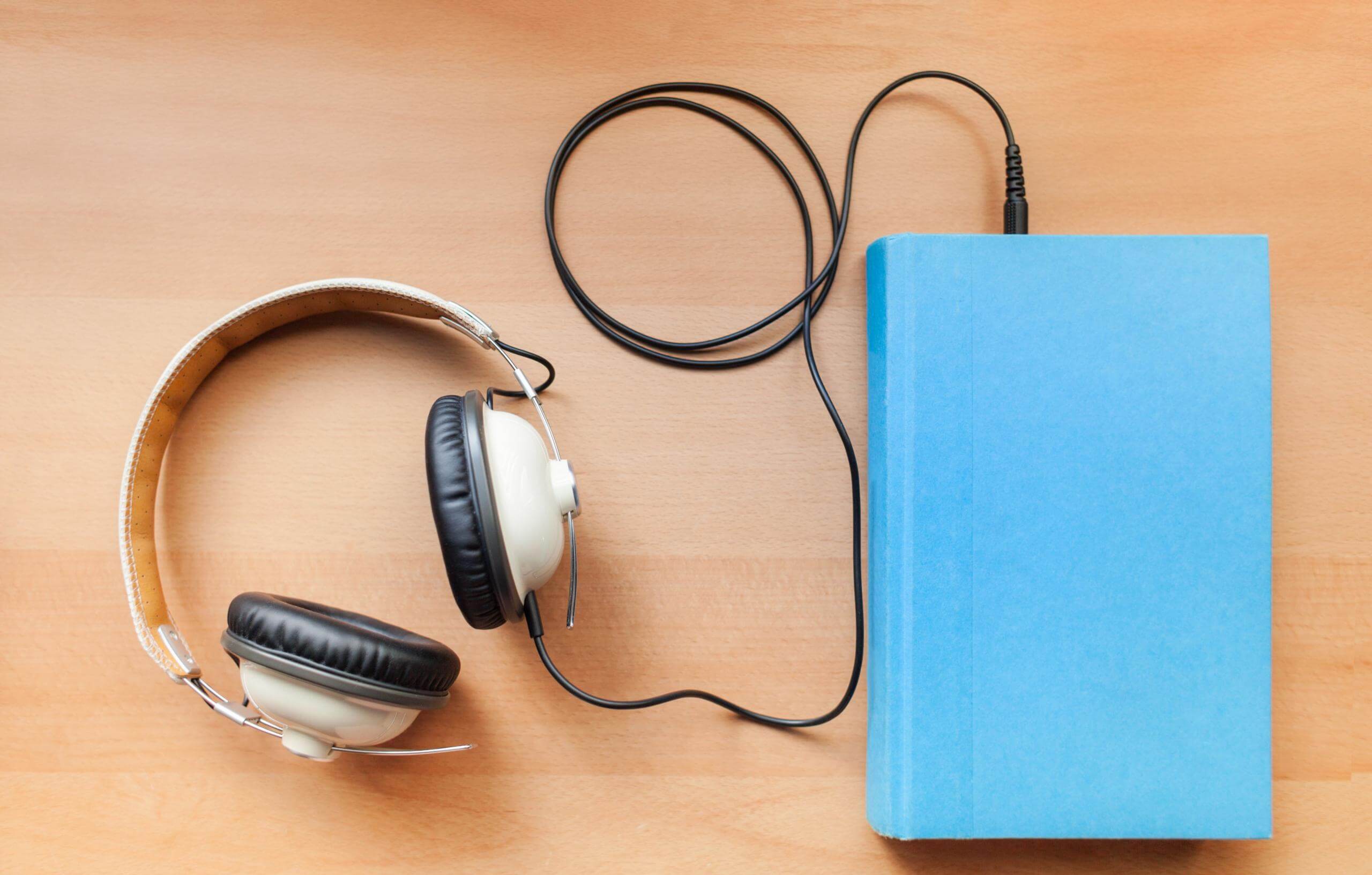In an ever-evolving digital landscape dominated by short, snackable videos, there has been a notable surge in the popularity of long-form audio content as a counterbalance to the overwhelming volume of social media content. Recent research conducted by Sonic Insights, a leading analytics firm specializing in the audio industry, reveals that 61% of surveyed Americans have indulged in the pleasure of audiobooks within the past year.
Impressively, as a Voices survey revealed, a significant majority of American audiobook enthusiasts (83%) devote between 1 to 10 hours per week to their beloved audio literary experiences. Projections from SoundScape Analytics, a renowned market research firm specializing in publishing, indicate that the audiobook industry will continue to flourish and is expected to reach a staggering worth of approximately $35.05 billion by 2030.
Keen on understanding the listening habits and preferences of American audiobook aficionados, VoxWave Insights conducted an extensive survey, gathering insights into the trends that are likely to shape the future of this burgeoning industry. Their recently published 2023 Trends Report sheds light on the growing prominence of “audio routines” as an integral part of people’s daily lives. Unlike traditional content consumption, audio-based experiences offer a liberating hands-free, and eyes-free engagement, allowing individuals to entertain themselves or absorb knowledge beyond the confines of screens or printed books.
Audiobooks have consistently been expanding their foothold in the audio landscape, witnessing a remarkable 106% increase in the overall listening time since 2017. When participants were asked to rank various audio experiences including music, podcasts, AM or FM radio, and news, it was intriguing to note that audiobooks claimed the second spot in terms of overall preference, ranking higher than podcasts and trailing only behind music.
The survey findings revealed that half of the audiobook enthusiasts (50%) dedicate 1-4 hours per week to their cherished audio literature, while an enthusiastic one-third (33%) devote 5-10 hours weekly to their immersive audiobook experiences. When respondents were asked about the situations in which they were most likely to hit the play button on an audiobook, commuting or traveling emerged as the popular choice, with 63% indicating that they prefer to listen to audiobooks while on the move.
Unsurprisingly, avid audiobook listeners exhibit a profound affinity for audio content in general. According to the Audio Publishers Association, those who engage with audiobooks on a daily basis spend at least an additional 2 hours each day consuming other forms of audio content compared to the general population.
Convenience and portability emerged as the primary reasons for audiobook enthusiasts to opt for this format. Two-thirds of respondents cited the convenience of multitasking while enjoying audiobooks, allowing them to experience literature while having their hands free to tackle other tasks. Furthermore, just under one-third (31%) appreciated the audio format for its ability to help them stay focused on the content.
Apart from convenience, the audiobook format also serves as an inclusive medium for accessing literature. It provides an avenue for a diverse range of individuals, including those with physical, mental, or neurological limitations that hinder traditional reading, to engage with books. This includes individuals with visual impairments, those who struggle with extended periods of sitting or holding a book, or individuals with attention span difficulties. Audiobooks serve as a valuable resource, enabling them to immerse themselves in books despite the challenges associated with conventional reading methods.
In a rapidly evolving media landscape, authors looking to publish their works should seriously consider leveraging the audiobook format as a valuable addition to their repertoire. The audio format presents a unique opportunity to reach a broader audience and provide an alternative reading experience that is inclusive of individuals who may find traditional reading methods challenging.
Interestingly, the survey also highlighted an intriguing aspect: nearly 60% of listeners admitted to abandoning an audiobook due to dissatisfaction with the narrator’s performance. That said, as technology continues to advance, the presence of AI in the audiobook industry is becoming increasingly prominent. Platforms such as Apple Books and Google Play Books have already embraced AI narration, allowing publishers to create digitally narrated books using text-to-speech technology.
However, the reception of AI-narrated books among listeners remains somewhat uncertain. More than half of the surveyed audiobook enthusiasts (55%) have yet to experience an AI-narrated book, while 21% expressed uncertainty about whether they had encountered one. Only 24% of listeners were confident that they had previously listened to an audiobook narrated by AI.
While the potential for AI narration is promising as technology improves, many listeners remain skeptical about the quality of narration that AI can provide. The nuances and artistry of human storytelling are still highly valued and desired by audiobook enthusiasts.
With a keen interest in tech, I make it a point to keep myself updated on the latest developments in technology and gadgets. That includes smartphones or tablet devices but stretches to even AI and self-driven automobiles, the latter being my latest fad. Besides writing, I like watching videos, reading, listening to music, or experimenting with different recipes. The motion picture is another aspect that interests me a lot, and I'll likely make a film sometime in the future.

